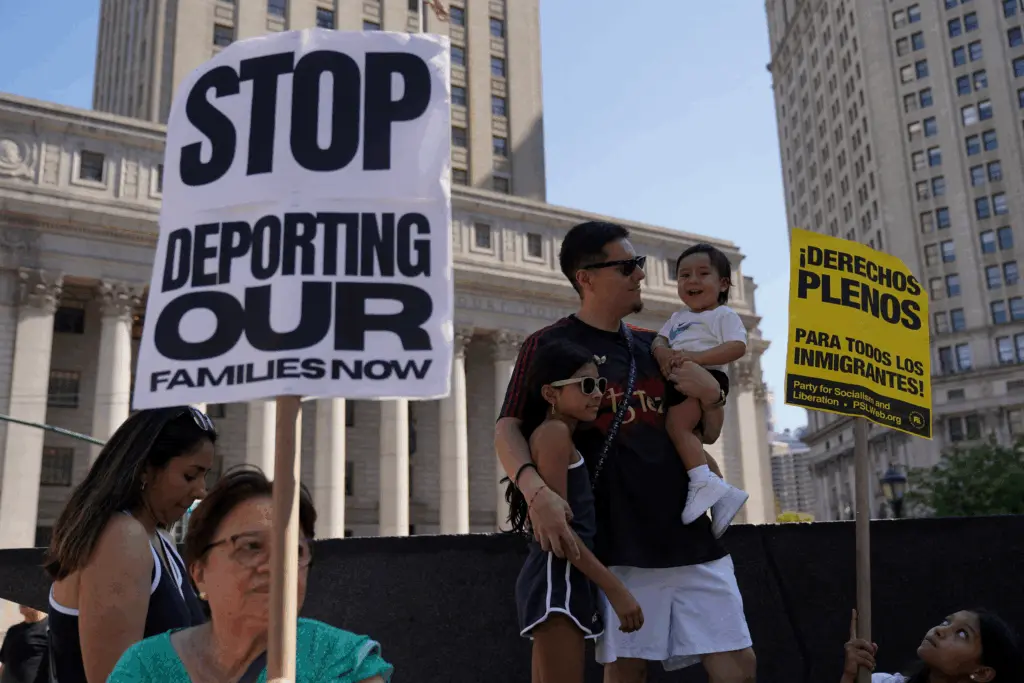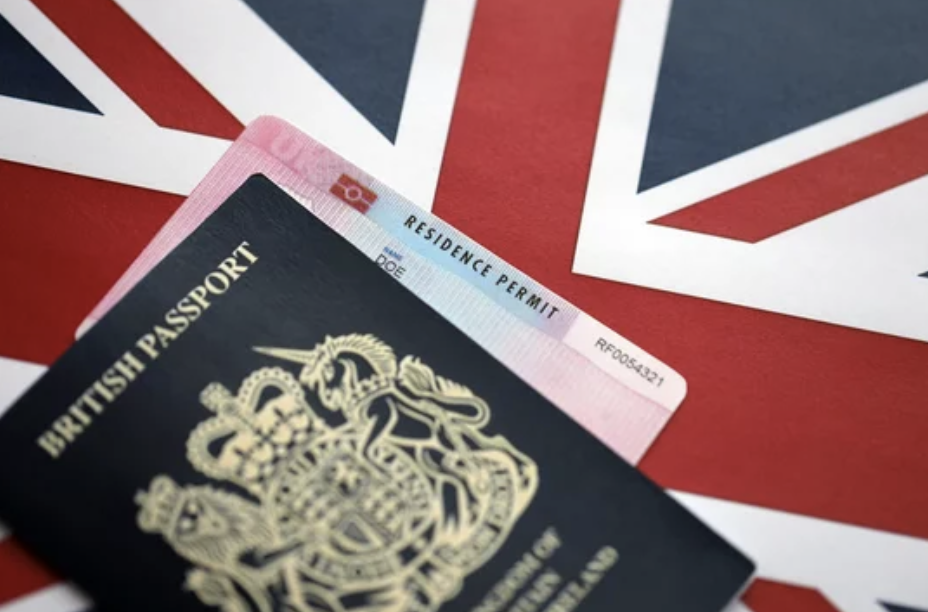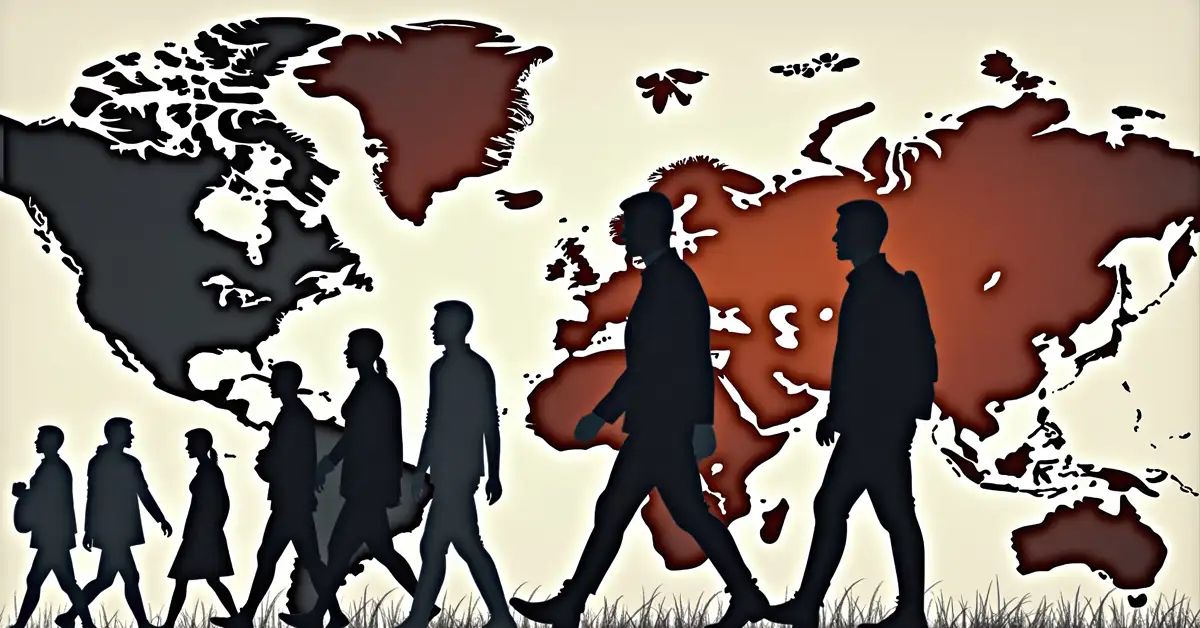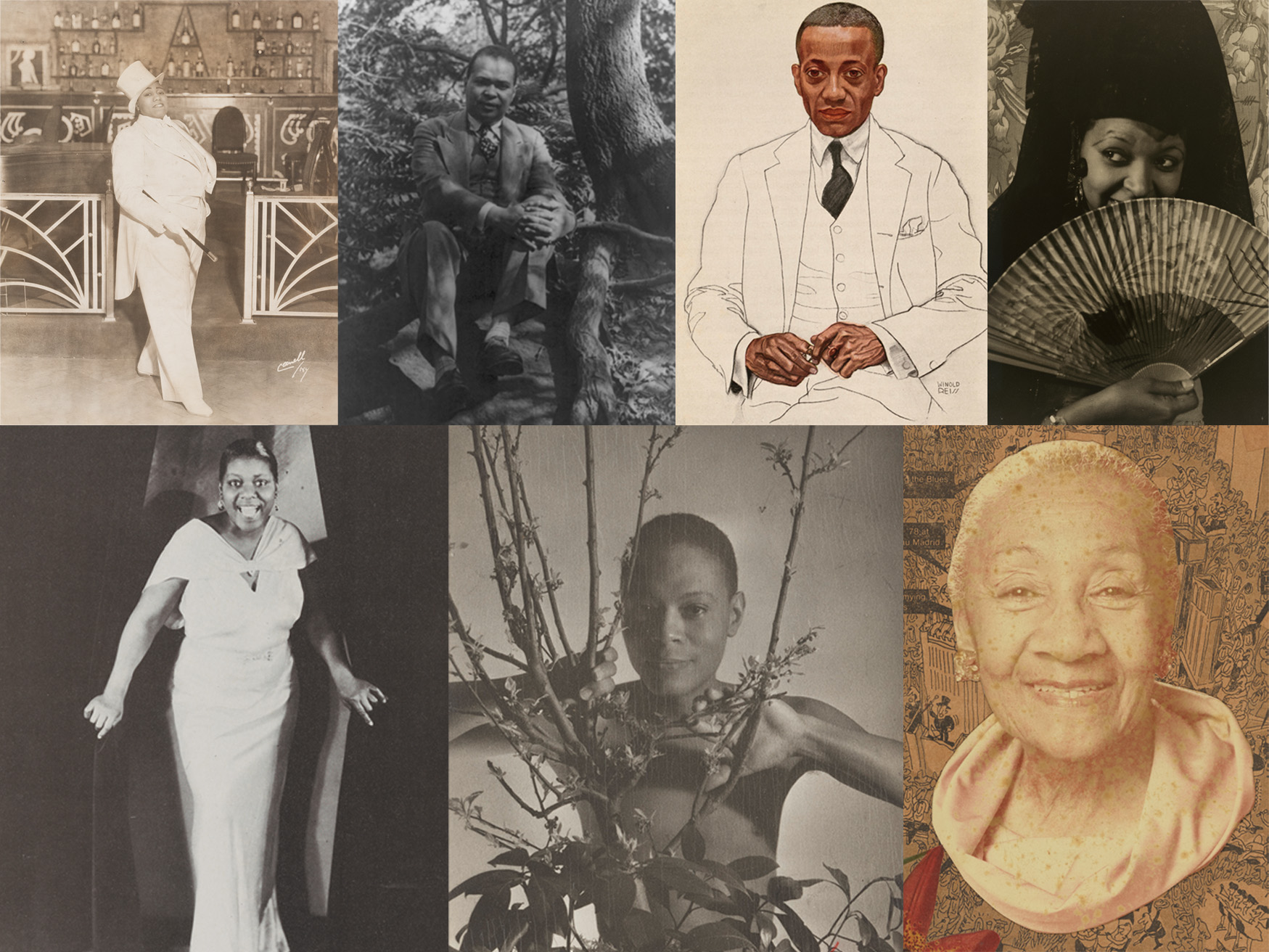The Journey Begins: Understanding Immigration and Visa Processes
Immigration is a transformative journey, often driven by dreams of opportunity, safety, or a fresh start. For many, the first hurdle is navigating the complex world of visas and immigration policies. Whether seeking work, study, or family reunification, the process demands patience, precision, and persistence. In 2024, global migration reached an estimated 281 million people, according to the International Organization for Migration, underscoring the scale of this phenomenon.
Visa applications vary widely by country and purpose. For instance, the UK offers a range of visas, including the Skilled Worker Visa, Student Visa, and Family Visa, each with specific eligibility criteria. Applicants must provide documents like passports, proof of funds, and sponsorship letters, often facing processing times of 3-8 weeks. Delays can occur due to incomplete applications or heightened scrutiny, as seen in recent UK campaigns warning overseas students against overstaying their visas.
“I applied for a UK Student Visa in 2023, and the process felt like a maze. My advice? Triple-check your documents and start early,” says Aisha, a 24-year-old Nigerian student now studying in London.
Practical tips for visa success include researching requirements thoroughly, using official government websites, and consulting registered immigration advisors. Mistakes, such as missing deadlines or providing inaccurate information, can lead to rejections, costing time and money. For example, the UK Home Office rejected 12% of visa applications in 2023 due to errors, a statistic that highlights the need for diligence.
Common Visa Types and Their Challenges
Work visas, like the US H-1B or Canada’s Express Entry, are highly competitive. The H-1B cap for 2025 was set at 85,000, yet applications often exceed 200,000. Applicants face intense scrutiny over qualifications and job offers, requiring robust employer sponsorship. Similarly, student visas demand proof of enrollment and financial stability, while family-based visas hinge on proving genuine relationships.
One overlooked challenge is the emotional toll. Waiting months for a decision can strain mental health, especially for refugees or asylum seekers fleeing conflict. “The uncertainty was the hardest part,” shares Omar, a Syrian refugee granted asylum in Germany. “I didn’t sleep properly until my visa was approved.”
The Human Side: Challenges Immigrants Face
Immigration is more than paperwork—it’s a life-altering transition. Beyond visas, immigrants face challenges like language barriers, discrimination, and financial instability. In the UK, a 2024 report by the Migration Observatory noted that 23% of immigrants reported difficulties finding employment matching their skills, often due to unrecognized qualifications or bias.
Language proficiency is a critical hurdle. In countries like Canada, where English or French is required for many jobs, non-native speakers may struggle. “I spoke basic English when I arrived in Toronto,” says Maria, a 30-year-old from Brazil. “I took free community classes and practiced daily with coworkers. It took a year, but I now lead meetings confidently.”
Discrimination, subtle or overt, is another reality. A 2023 European Union Agency for Fundamental Rights survey found that 42% of immigrants experienced prejudice in housing or employment. Overcoming this requires resilience and, often, community support. Joining local cultural groups or professional networks can help immigrants build connections and combat isolation.
Practical Solutions for Common Obstacles
To navigate these challenges, immigrants can take proactive steps. Language learning is paramount—apps like Duolingo or local language classes can accelerate progress. For employment, credential evaluation services, such as World Education Services, can validate foreign qualifications. Networking, too, is vital. “I attended job fairs and LinkedIn meetups,” says Raj, an Indian engineer in Australia. “That’s how I landed my first job.”
Financial planning is equally critical. Relocation costs, including visas, flights, and initial rent, can exceed $5,000. Budgeting and researching cost-of-living differences can prevent early financial strain. For example, cities like London and New York are notoriously expensive, with average rents of £2,000 and $3,500 per month, respectively.
Success Stories: Immigrants Making Their Mark
Despite the challenges, countless immigrants thrive, enriching their new homes with talent and diversity. Take Linh, a Vietnamese chef who moved to the US in 2019. Starting as a line cook, she now owns a popular restaurant in Seattle, blending traditional Vietnamese flavors with local ingredients. “It wasn’t easy,” she says. “I worked 12-hour shifts and saved every penny to open my place. But seeing customers love my food makes it worth it.”
“My dream was to share my culture through food. America gave me that chance,” Linh shares.
Similarly, Ahmed, a software developer from Pakistan, secured a job at a London tech firm after completing a UK Graduate Visa. “The visa gave me two years to prove myself,” he explains. “I took online courses to sharpen my skills and networked relentlessly.” His story reflects the power of perseverance and adaptability.
These successes highlight a universal truth: immigrants often bring unique perspectives that drive innovation. In 2023, 43% of Fortune 500 companies were founded or co-founded by immigrants or their children, according to the American Immigration Council.
Cultural Integration: Finding a New Home
Adapting to a new culture is both exciting and daunting. From understanding local customs to navigating social norms, immigrants must balance preserving their identity with embracing their new environment. For example, in Japan, where collectivism is valued, newcomers may need to adjust to subtle social cues, like bowing or avoiding direct confrontation.
Practical tips for cultural integration include observing locals, asking questions, and participating in community events. “I joined a book club in Dublin,” says Sofia, a Mexican immigrant. “It helped me understand Irish humor and make friends.” Learning local slang or traditions—such as Canada’s love for hockey or the UK’s tea culture—can also ease the transition.
However, integration doesn’t mean assimilation. Many immigrants maintain strong ties to their heritage through food, festivals, or religious practices. “I cook Ethiopian injera every Sunday,” says Yared, who moved to Sweden. “It keeps me grounded and teaches my kids about our roots.”
Overcoming Culture Shock
Culture shock is a common phase, often marked by frustration or homesickness. Symptoms include feeling overwhelmed by new systems, like public transport or healthcare. To cope, experts recommend building routines, seeking support from diaspora communities, and practicing self-care. “I felt lost my first month in Berlin,” admits Chen, a Chinese student. “Joining a local Chinese association gave me a sense of home while I adjusted.”
Legal Guidance and Policy Updates
Immigration policies are ever-evolving, shaped by political and economic priorities. In 2025, the UK tightened student visa rules, requiring proof of onward travel to prevent overstaying, as reported by The Tribune. Similarly, the US expanded its Diversity Visa Lottery to 55,000 slots, offering opportunities for underrepresented countries, though applicants face rigorous background checks.
Legal guidance is crucial to avoid pitfalls. For instance, overstaying a visa can lead to bans or deportation. In the UK, overstaying can result in a 1-7 year re-entry ban, depending on circumstances. Consulting immigration lawyers or accredited advisors ensures compliance with local laws.
“Policies change fast. Always check official sources before applying,” advises Sarah Thompson, a UK immigration lawyer.
Recent trends also show a rise in digital nomad visas, with countries like Portugal and Estonia offering programs for remote workers. These visas, typically valid for 1-2 years, require proof of income and health insurance but offer flexibility for global professionals.
The Road Ahead: Building a New Life
Immigration is a marathon, not a sprint. From securing a visa to finding a job and adapting to a new culture, the journey demands resilience and resourcefulness. Yet, the rewards—personal growth, new opportunities, and cultural exchange—are profound. Immigrants like Aisha, Omar, Linh, and Ahmed show that with determination, challenges can become stepping stones.
For those embarking on this path, preparation is key. Research visa requirements, connect with local communities, and embrace learning opportunities. Most importantly, stay true to your goals while remaining open to new experiences. As Maria from Brazil puts it, “Immigration taught me I’m stronger than I thought. It’s not just about a new country—it’s about a new you.”



















0 Comments